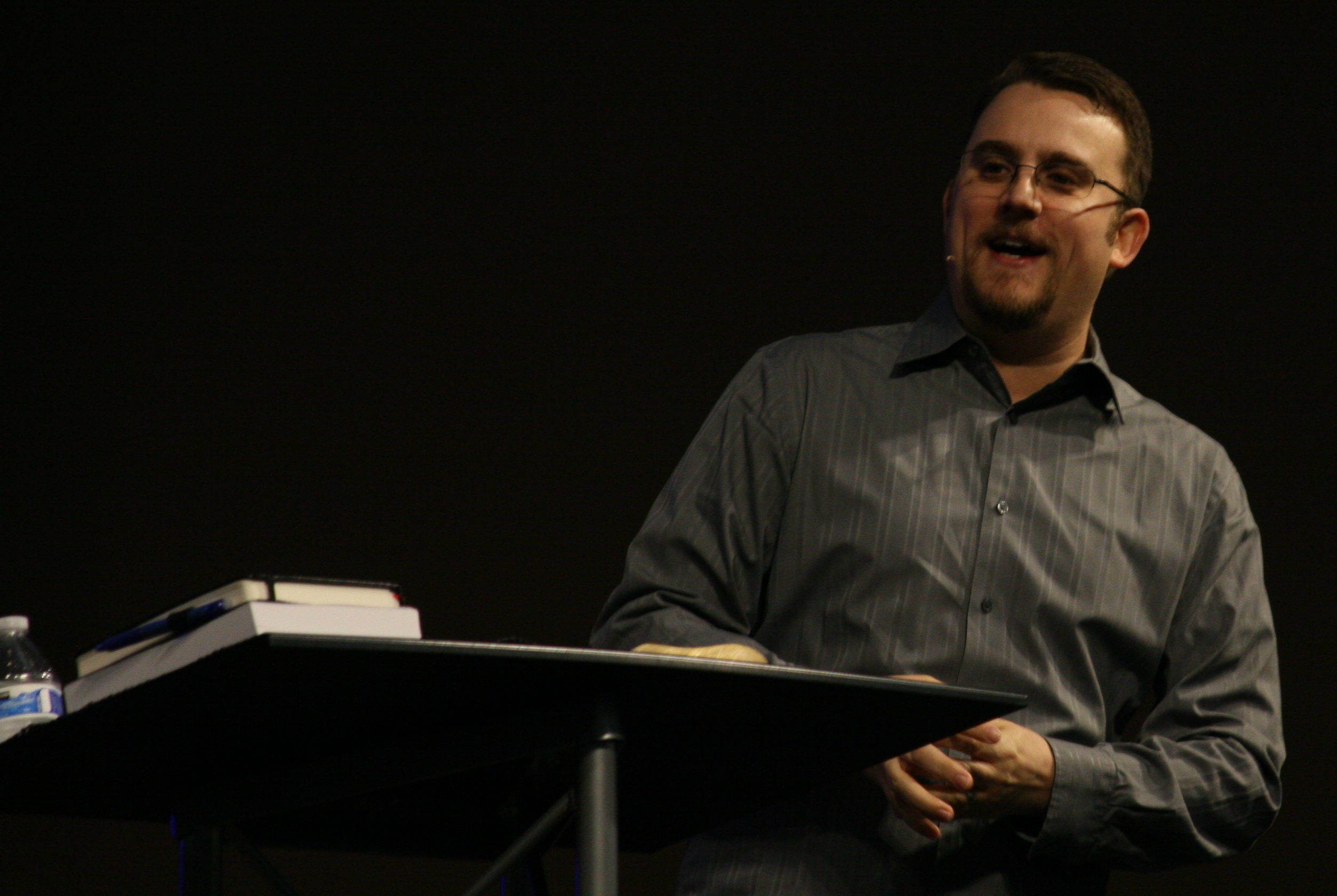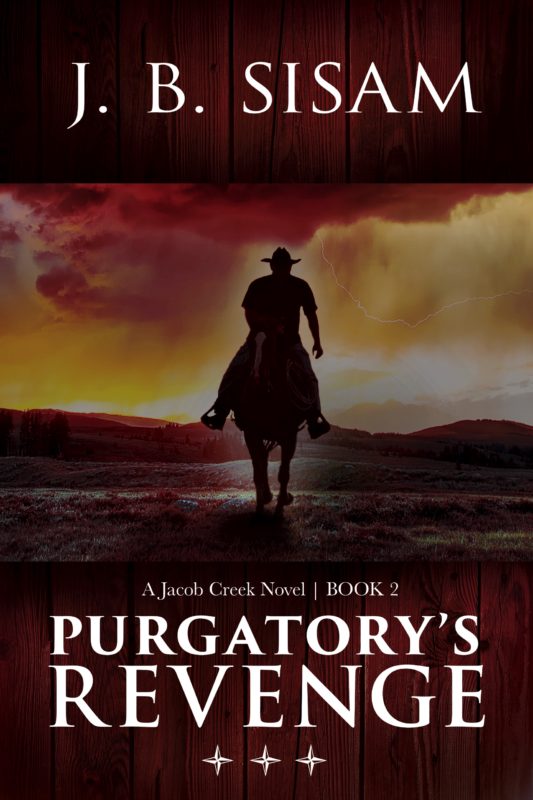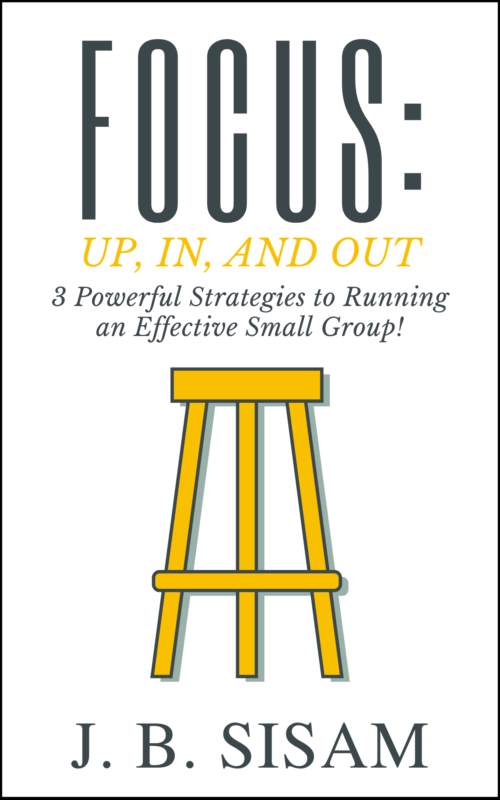Books are powerful. They have the ability to change lives and allow us to see ourselves through a different lens. As writers we have to learn to become stronger at what we’re not good at. It’s all about learning and growing to become a better writer.
[featured-image single_newwindow=”false”]
Some of the best fiction is about a character who changes. Shouldn’t we be pushing our main characters forward to a life changing moment? It’s in those moments that the reader has a life-changing moment, whether they know it or not.
I remember when I wrote my novel Divine Providence. It’s the story of a young mother who’s world gets turned on its head. She finds her husband cheated, her son is dying and a little old man gives her a gift that changes her life. It’s in her discovery of learning to trust God, that we learn to trust in him as well.
I want to walk you through 6 things every writer must know when beginning to writing their novel.
1. Plot
I cannot tell you how often I have read a book and there is no plot. I’ve picked the book up, tried reading, and set it down; only to try and fail at it again at a later date. When you’re thinking about your story, what’s the plot? Not the sub-plots, but the main over arching storyline of what you want to write?
Plot is simply a series of events that propel the story forward to it’s natural conclusion. We need a compelling story that moves the narrative forward and anything that gets in the way is fluff and should be cut. A simple rule to follow, don’t let the character do something that they normally wouldn’t do–just to serve the plot.
Rules to follow:
- Keep the plot simple.
- Know your end from the beginning.
- Plot your course with a simple outline.
2. Character
If your characters fail, your story fails. But often I’ve found flat and boring characters. People who fill pages to just serve the plot. I will usually set those books down. I like a great story, filled with exciting characters. I want to meet these people, if they were real.
When working on your next novel, think about who you’d cast. Pretend you’re putting together an all-star cast for your next movie. That’s how I like to view my fiction writing. You want enough characters to make it feel real, but not too many to overwhelm the reader.
Rules to follow:
- Have 1 – 3 main characters. No more.
- Limit sub-characters, so you don’t bog down the story.
- Only stay in the POV (Point of View) of your main characters, never the sub-characters.
- Keep the focus on your Protagonist, your number 1 main character.
3. Problems
No story is good without adding problems. These are the events that help move the story forward. It’s these problems that usually start the story and the protagonist needs to solve whatever problem you’ve created for them. In a sense this is the only time you get to play God.
If we don’t learn to create problems that work to keep the main characters from accomplishing their goals, we’ve failed our story and readers. Become creative, if you have to kill off a main character to create a new set of problems, so be it.
Rules to follow:
- There are no rules.
- Do something drastic.
- Create a seemingly impossible situation.
4. The Moment of Truth
Now that you’ve created a problem, you need to solve it. Yet, I’ve read books where every problem doesn’t get solved and the main character doesn’t do anything exciting. Hence, I stop reading.
The moment of truth is a specific moment in your narrative where you give your main characters/hero a decision to make. In other words, this is the reason you wrote the story to begin with. In my novel, the moment of truth is making the choice to go home instead of being at the hospital with her dying son. (I won’t say any more. You’ll have to buy it.)
What is the moment of truth in your story?
5. End of the Journey
This is where you can be creative. You’ve written most of your story, and you’re reaching the climax… now what? You have to decide if it’s a good ending, bad ending or leaving the reader to wonder what the ending is. This is where you get to choose what happens to everyone.
Every journey needs an end, even if we don’t like the ending, the story needs to end. Think about Back to the Future, Marty comes home after his adventure and everything is different for the better and then Doc comes with an ultimatum, to go back to the future with him to save Marty’s future son.
It’s a good ending, but before we knew there’d be a Part 2, we were left wondering what happened. Decide how to end your story and make it all tie into a nice bow.
6. One Question: How is the reader transformed?
This is the crux of why you wrote your story in the first place. Our job is to guide the reader along in a life-changing moment. Personally, I like to have a scriptural point to why I’m writing. My novel was about learning to trust in God all over again.
Why did you write your story? What was the point. This must be the first question you answer before you begin writing. Otherwise, you’ll lose your way and wonder why you began the story in the first place.
Our goal is to write for readers, not for ourselves, not for publishers and not for critics. We write because we want to see lives changed and souls touched through our words.
Now go write your story!
[reminder]What one thing can you add to your story to change a reader’s life?[/reminder]


 Jason (J.B.) Sisam. Best-selling Amazon author of the Christian Early Reader book,
Jason (J.B.) Sisam. Best-selling Amazon author of the Christian Early Reader book, 







LEAVE A COMMENT HERE:
Please note: I reserve the right to delete comments that are offensive or off-topic. Also, this is a clean website, use of any language is not tolerated and your post will be deleted.